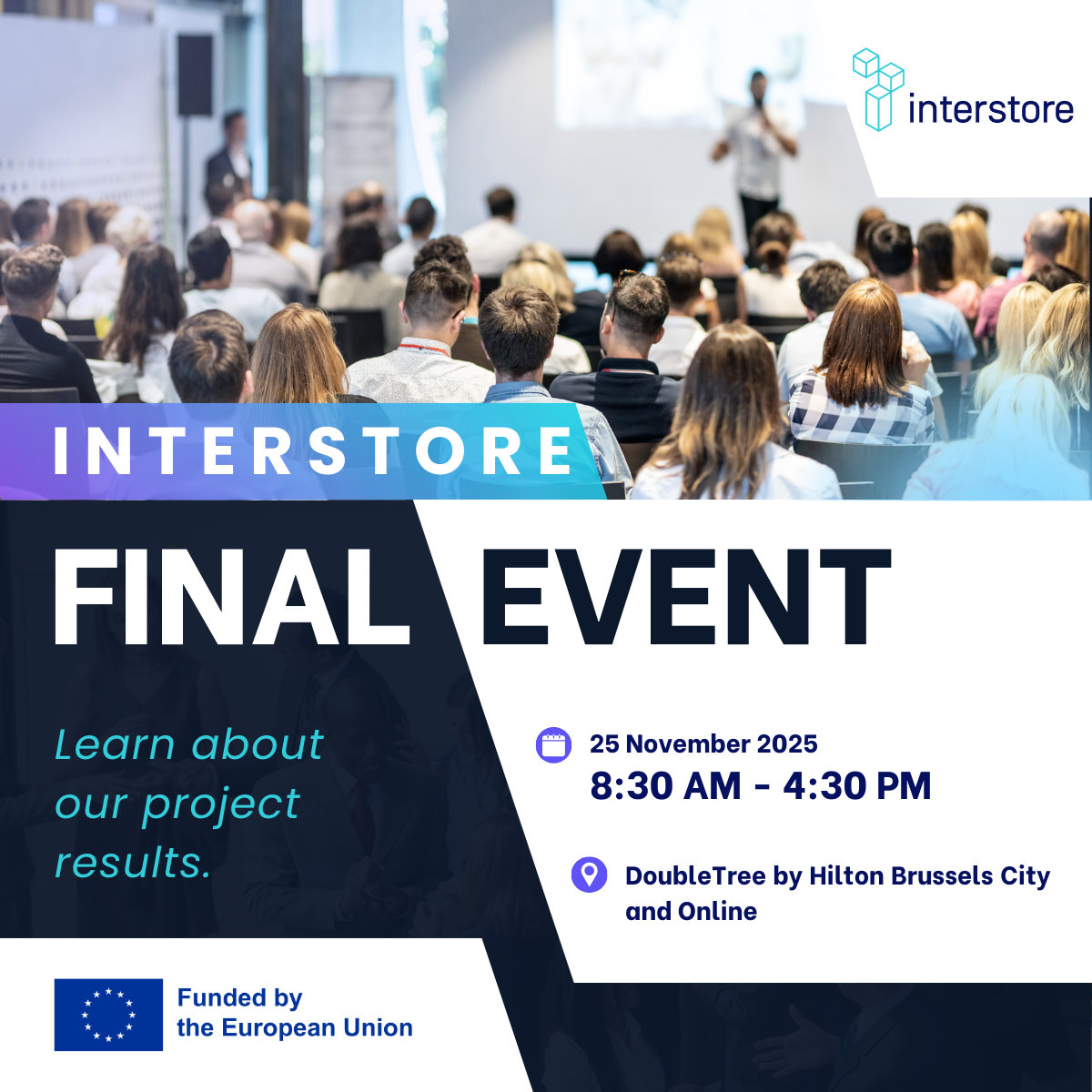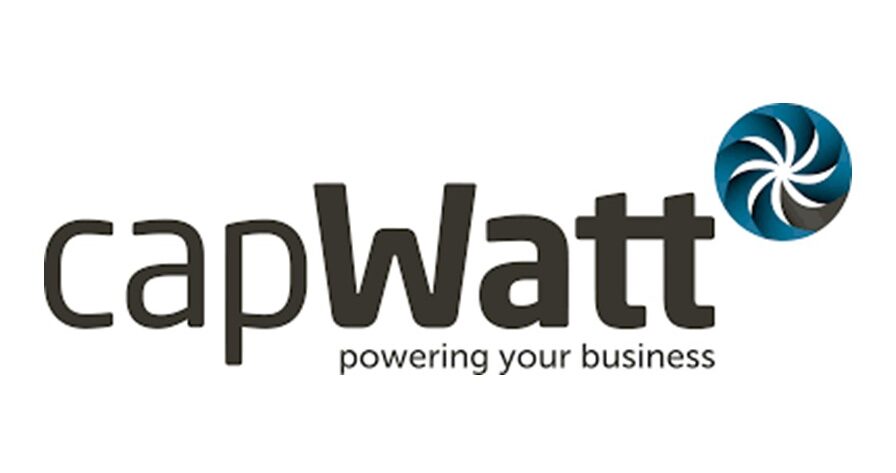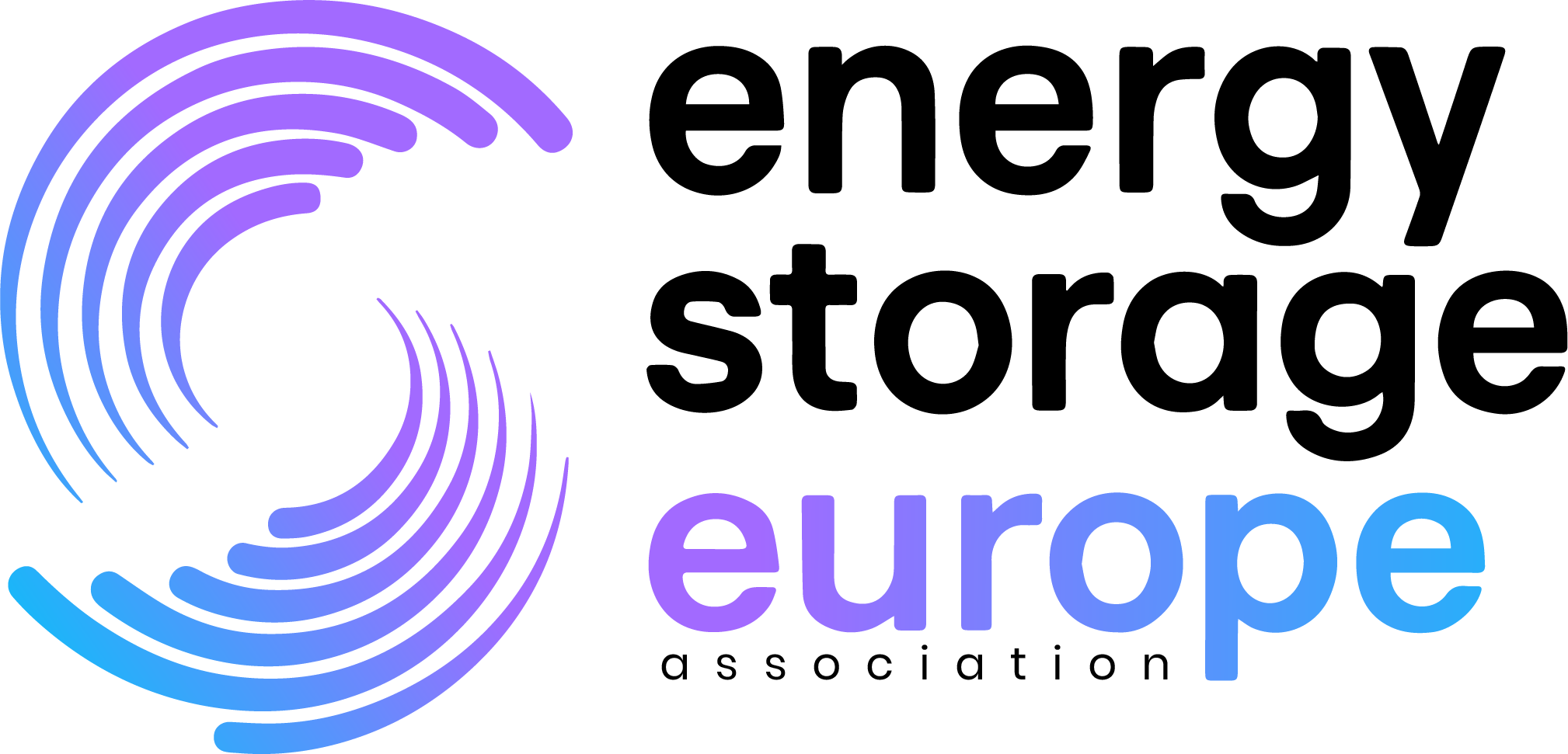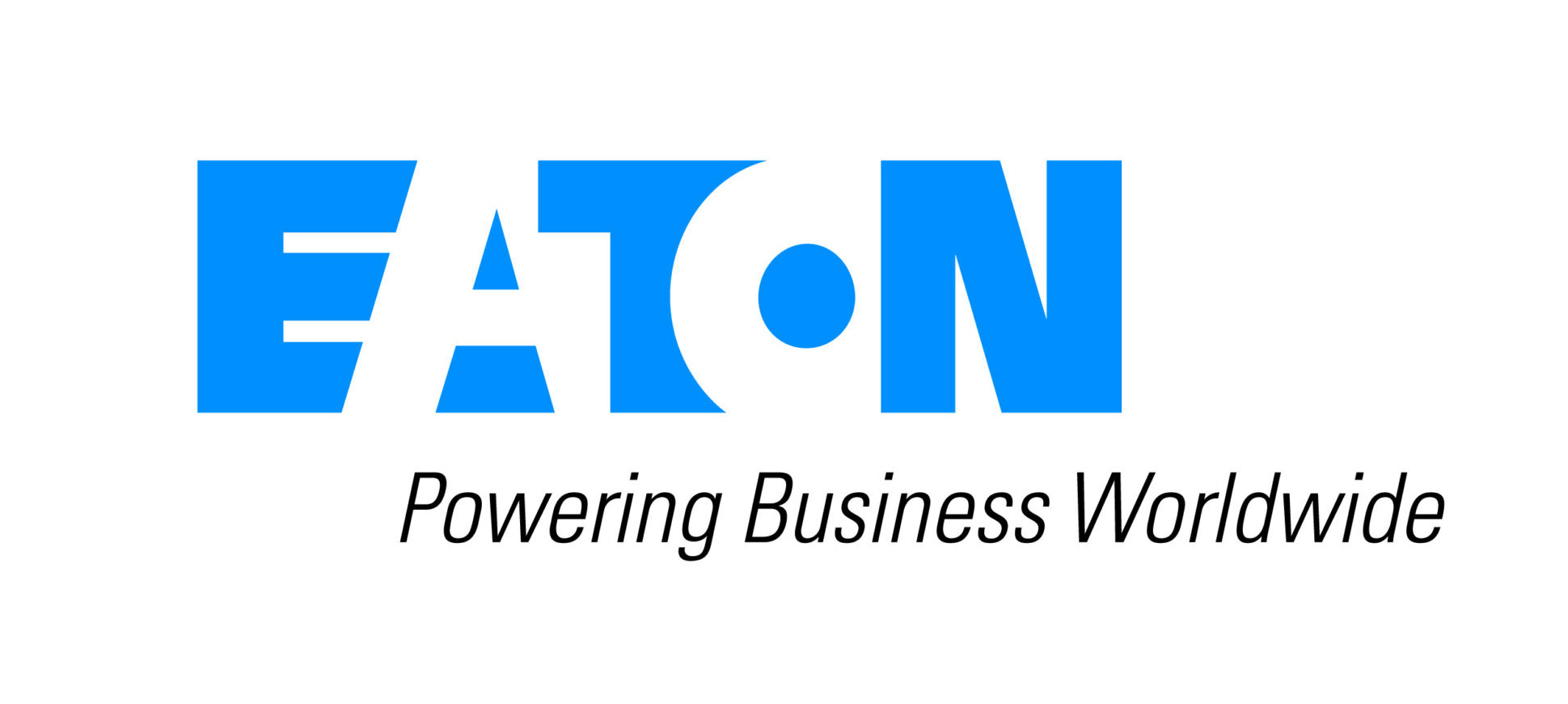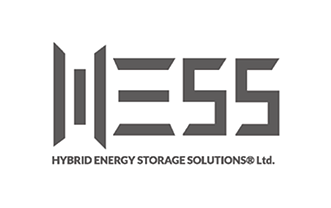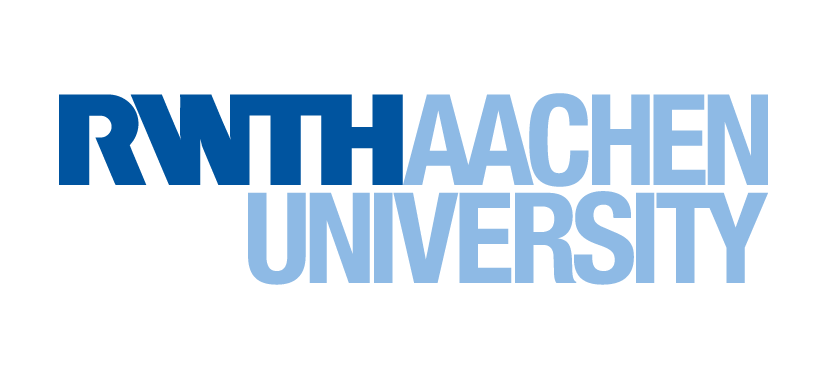
InterSTORE’s 4th Stakeholder Group Meeting
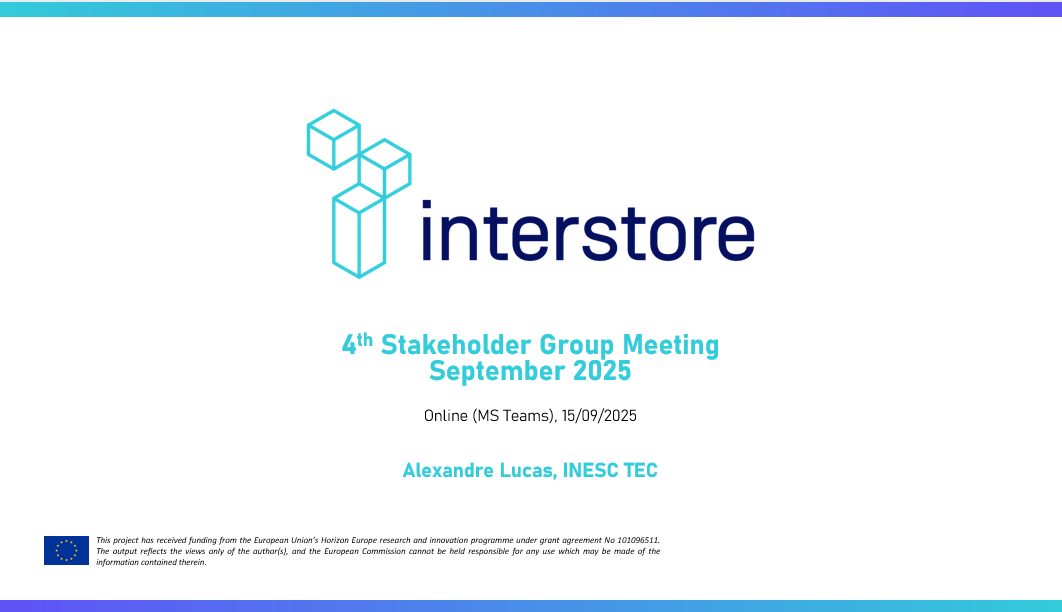
The InterSTORE project held its 4th Stakeholder Group Meeting on 15 September 2025, gathering industry experts, researchers, and technology developers to reflect on achievements, share lessons learnt from pilot deployments, and chart a path for the project’s future. With the project approaching its conclusion at the end of 2025, discussions emphasised not only technical progress but also community adoption and long-term sustainability.
Technical coordinator Alexandre Lucas (INESC TEC) opened the session by highlighting the maturity of the project’s results. Over the past year, the consortium:
- Released multiple open-source tools, including the Legacy Protocol Converter (LPC), the IEEE 2030.5 client-server library, and the Data Space Connector.
- Validated these tools across 9 Use Cases in five pilot sites in Austria, Germany, Italy, Portugal, and Spain.
- Achieved high-performance communication speeds (as low as 50 ms latency) using NATS asynchronous messaging integrated with the IEEE 2030.5 standard.
- Reached significant uptake with over 1,000 downloads of the LPC on Docker Hub alone, plus additional adoption on GitHub.
The tools allow seamless interoperability between legacy protocols (Modbus, MQTT, RabbitMQ) and modern smart energy standards, enabling monitoring and control across diverse distributed energy resources (DERs).
Protocol Converter and Connector
Matjaz Juric (Sunesis) presented updates to the Legacy Protocol Converter, a lightweight, microservice-based tool deployable on low-cost devices such as Raspberry Pi. He emphasised its:
- Scalability and resilience through load-balancing deployments;
- Security (TLS encryption, authentication, and certificate options);
- Configurable UI tool for simplifying protocol transformations without manual coding.
Pilot demonstrations and lessons learnt
Daniele Carta from Forschungszentrum Jülich shared results from pilot sites:
Austria: Local energy communities leveraged the LPC to integrate diverse household inverters and benefit from tax incentives.
Germany: Raspberry Pi–based deployments reduced integration time by 86% compared to traditional approaches, even for multi-physics systems combining batteries, PV, and heat pumps.
Italy: Demonstrated native IEEE 2030.5 devices integrated into EV charging clusters and hybrid storage.
Portugal: Tested hybrid battery storage and incentivised EV drivers to align charging with low-carbon electricity periods.
Spain: Pushed the LPC to its limits in a laboratory setting, validating performance for fast frequency services.
Key lessons included the importance of logging configuration, the LPC’s ability to run on low-cost hardware, and the tool’s manufacturer-agnostic flexibility.
Data Space Framework
Meanwhile, Marcantonio La Franca (Engineering) demonstrated the Data Space Connector. The platform enables secure, real-time data exchange between stakeholders, now extended with:
- A push mechanism for near real-time services;
- Full NATS/IEEE 2030.5 integration;
- Blockchain-backed authorisation for transparent, verifiable transactions.
From InterSTORE to CUPID
A major milestone was announced: InterSTORE’s transition into the Linux Foundation for Energy as the “CIPUD Project” (Controllable Unit Protocol for Interoperable Devices). This ensures continuity of the tools beyond the project’s funding horizon and invites wider community contributions.




